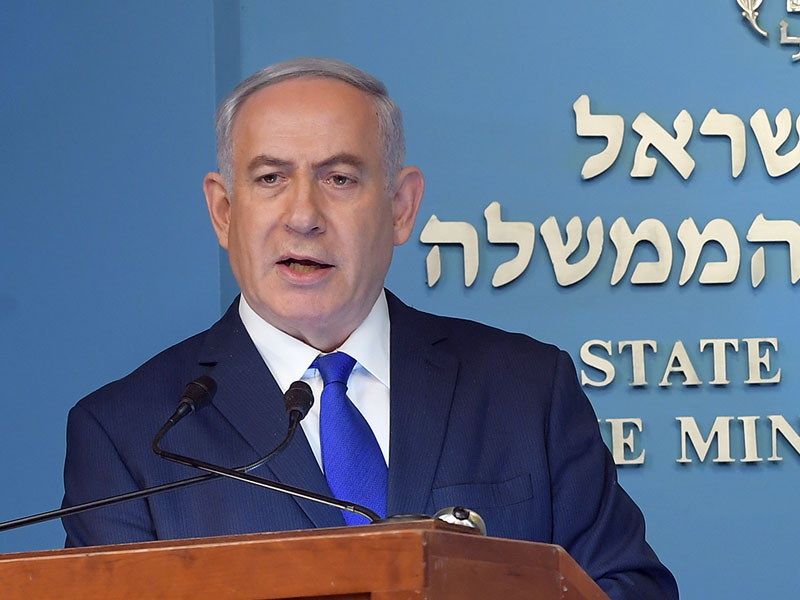Israel reaches unprecedented common understanding with UNHCR
-
-
4/2/2018
GovXShortDescription
In light of this understanding, there is no longer a need to continue the policy of forced departure to third countries during the implementation of the new framework.
-
-

 Prime Minister Benjamin Netanyahu (archive)
Copyright: GPO/Amos Ben Gershom
Prime Minister Benjamin Netanyahu (archive)
Copyright: GPO/Amos Ben Gershom
|
GovXContentSection
(Communicated by the Prime Minister's Media Adviser)
The State of Israel and the UN High Commissioner for Refugees have reached an unprecedented common understanding on the issue of migrants. UNHCR will work to facilitate the departure of these populations to Western countries, and the State of Israel will regulate the status of some of the populations that will remain.
As part of the common understanding, UNHCR will work, through arrangements with various Western countries, for the departure of at least 16,250 migrants, while Israel will regulate the status of protected populations, most of which would have remained in Israel anyway.
This common understanding will enable a greater number of migrants from Israel to depart than in the previous framework, all under the auspices of the UN and the international community.
The framework is divided into 3 stages and is spread over 5 years, at the end of which the reality of life in south Tel Aviv and the neighborhoods will significantly improve.
The common understanding was approved by the Attorney General and is consistent with international law and best practices.
In addition, a special administration will be established to deal with the rehabilitation plan for southern Tel Aviv. The administration will be headed by Avigdor Yitzhaki and will include representatives of the Tel Aviv municipality and neighborhood representatives. The budget and resources intended for the implementation and enforcement of the previous framework will be invested in the development and rehabilitation of southern Tel Aviv.
In addition, as part of the understanding, it was agreed to concentrate efforts to encourage a more balanced geographical distribution of the populations that will remain in Israel, with occupational guidance, vocational training, job matching, etc.
In light of the fact that the State of Israel and the UN High Commissioner for Refugees are joining forces to implement this framework, there is no longer a need to continue the policy of forced departure to third countries during the implementation of the new framework.
The Prime Minister and the Minister of Interior worked to maintain the previous framework, but due to legal constraints and political difficulties on the part of the third countries, it was necessary to arrive at new and improved understandings that would ensure the continued departure of thousands of migrants from Israel for a comprehensive resolution.
UPDATE (3 April): The understanding announced yesterday between Israel and the UNHCR regarding migrants has been suspended to allow for further consultations with the publics most directly affected by the new arrangements.
-
-
-
-
-
-
-
-
-
-
-
-
-
-
-
-
-
-
-